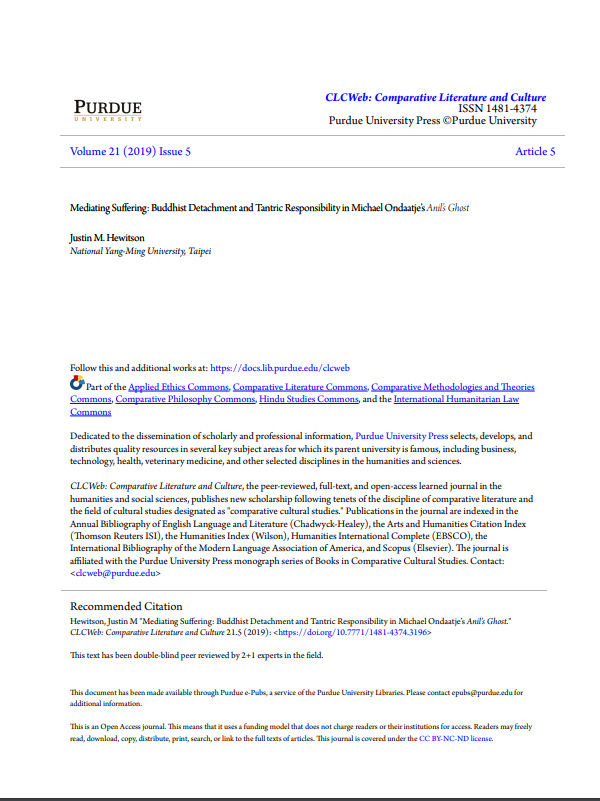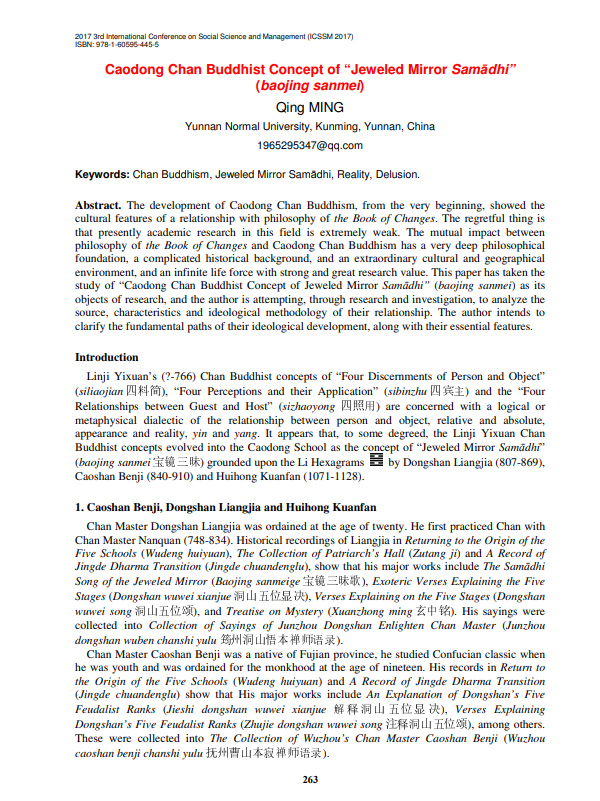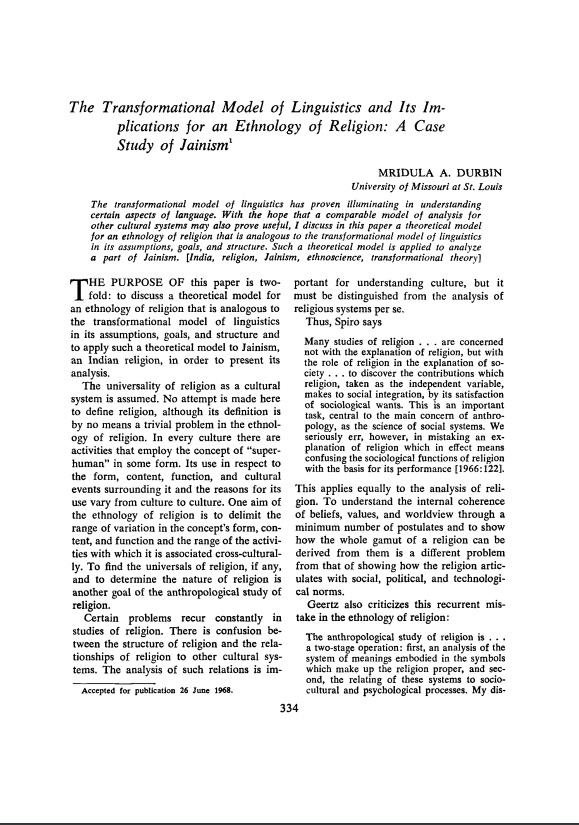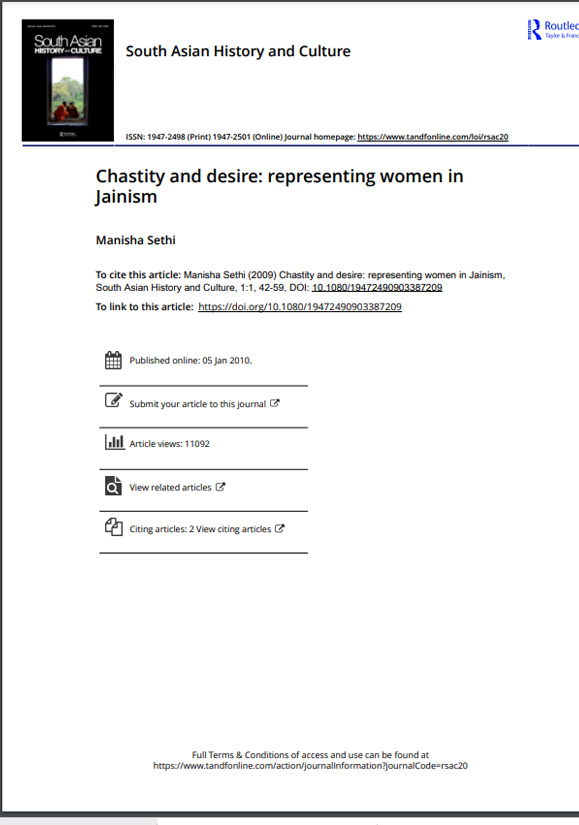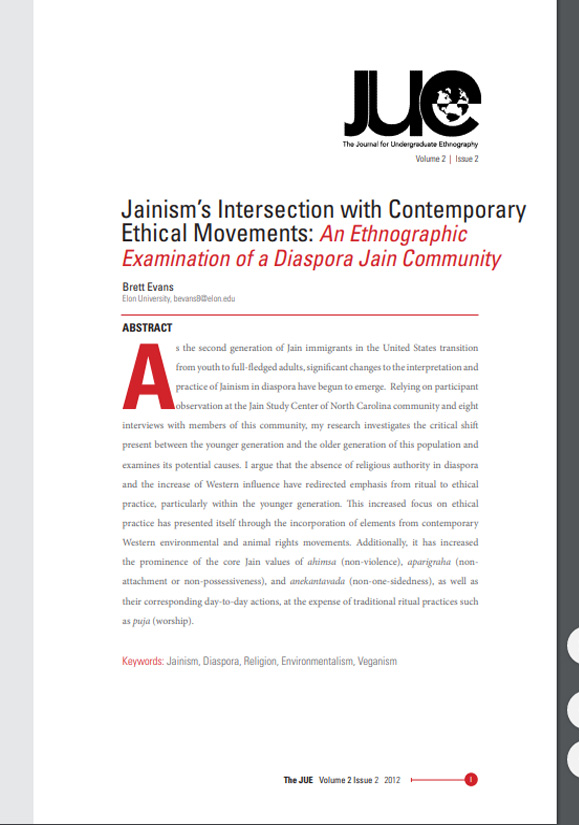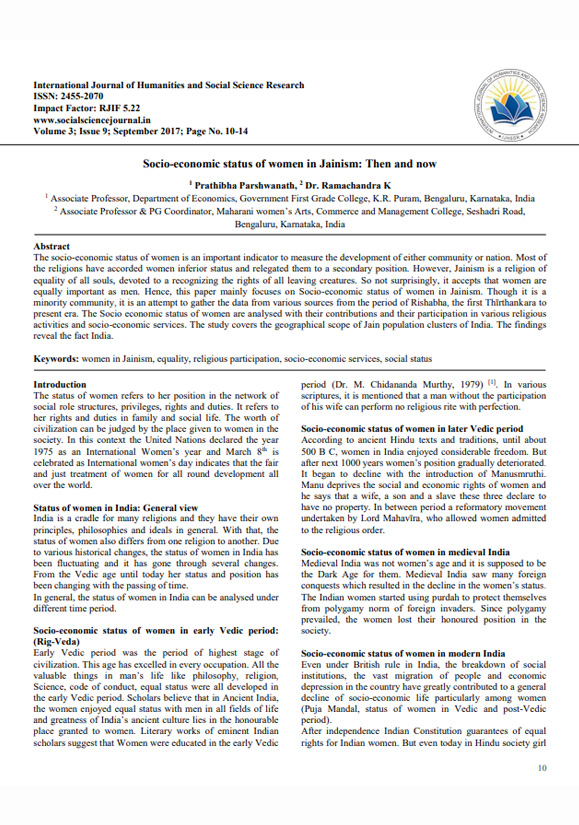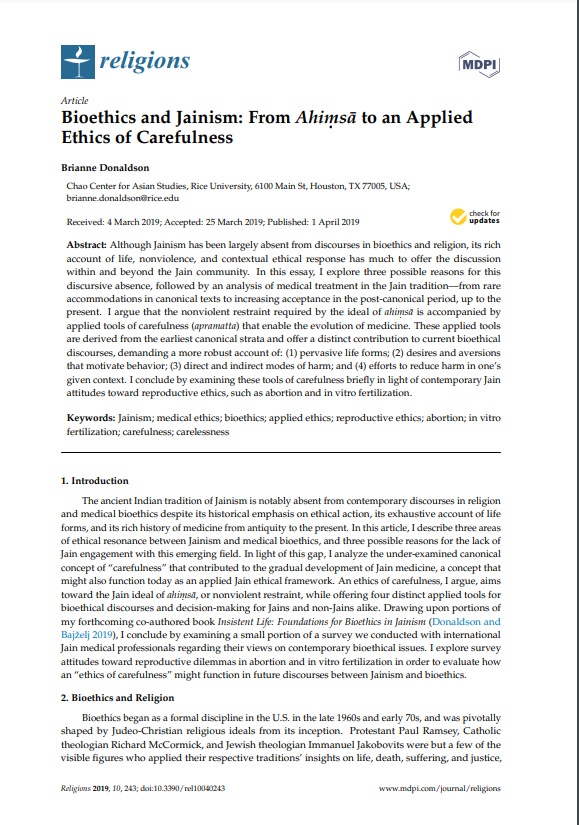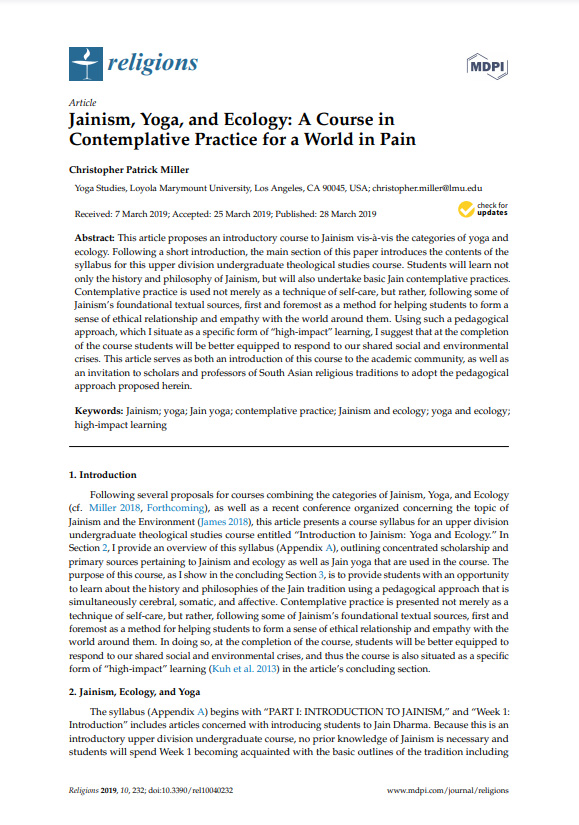Mediating Suffering
(0 Reviews)
In “Mediating Suffering: Buddhist Detachment and Tantric Responsibility in Michael Ondaatje’s Anil’s Ghost,” Justin Hewitson argues that the global mediation of suffering following human rights abuses creates the offender-victim binary. The way in which moral judgments drive urgent peacemaking is seldom connected to long-term victimhood narratives. This psychology can exacerbate cyclical patterns of anger, exploitation, and violence by deferring responsibility. Ondaatje’s controversial novel, Anil’s Ghost, which reflects these charged accusations, refuses to settle blame on any side of the Sri Lankan conflict; instead, it offers the troubling recognition that offenders, victims, and mediators are all causal agents. Hewitson explores the text’s Buddhist and Hindu merging of detachment and responsibility as its characters, Anil, Palapina, and Ananda adopt empirical and intuitive therapies in response to the Buddha’s Four Noble Truths of suffering. It is argued that Ananda’s samādhi-like vision at the novel's conclusion projects a middle way between traumatic anger and loss via detached empathy. Justin M. Hewitson, "Mediating Suffering: Buddhist Detachment and Tantric Responsibility page 2 of 10 in Michael Ondaatje’s Anil’s Ghost” CLCWeb: Comparative Literature and Culture 21.5 (2019): Special Issue Suffering, Endurance, Understanding. Ed. Simon Estok, Douglas Berman, and Frank Stevenson
Language title : Mediating Suffering
Author : Justin M. Hewitson
Publisher : Published 2019
Category : Articles
Sub Category : Sociology
Advertisement



